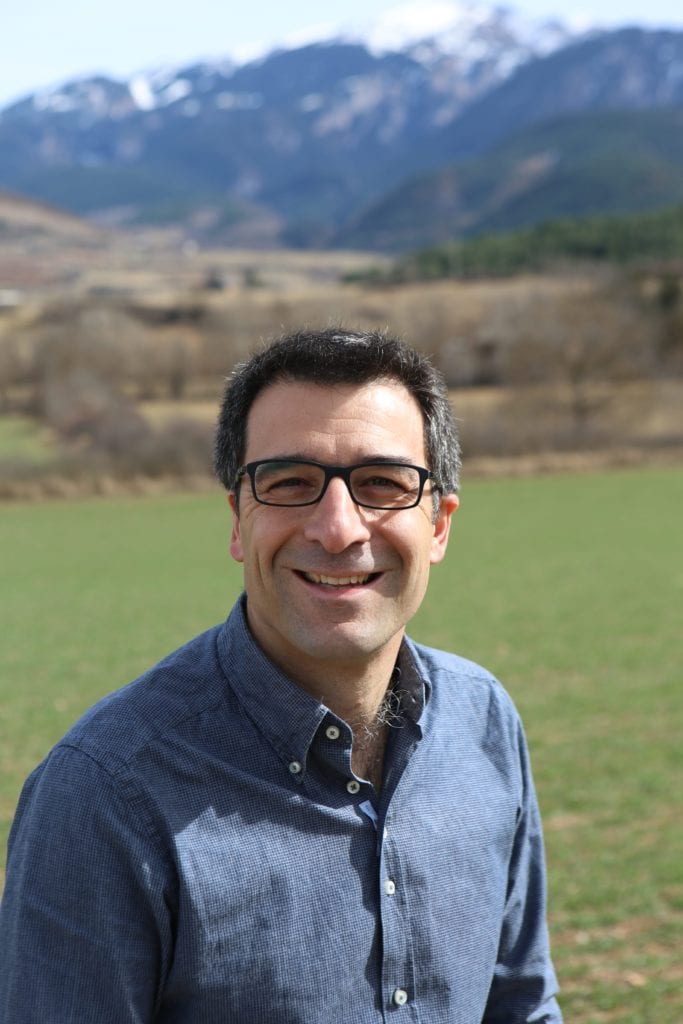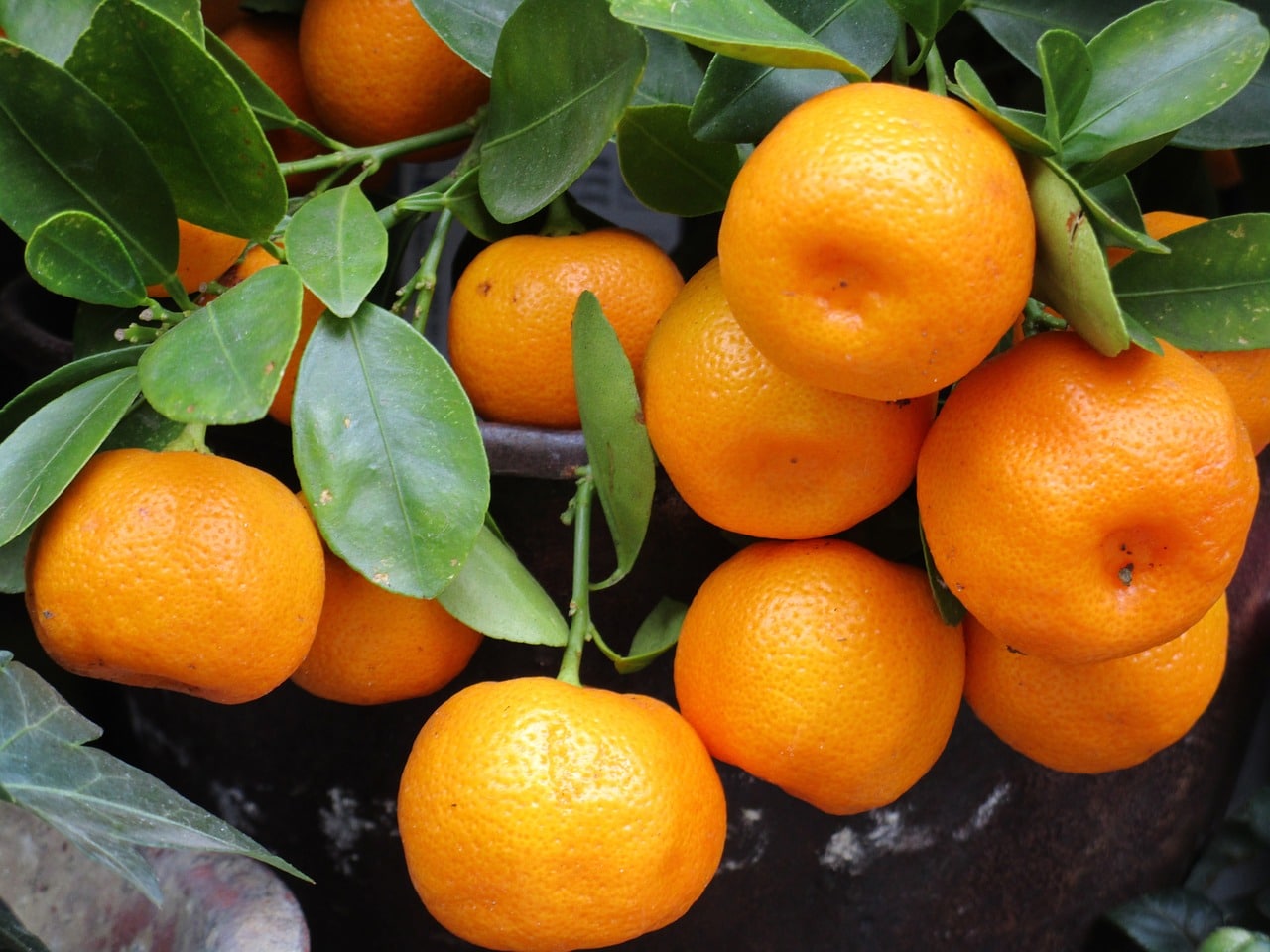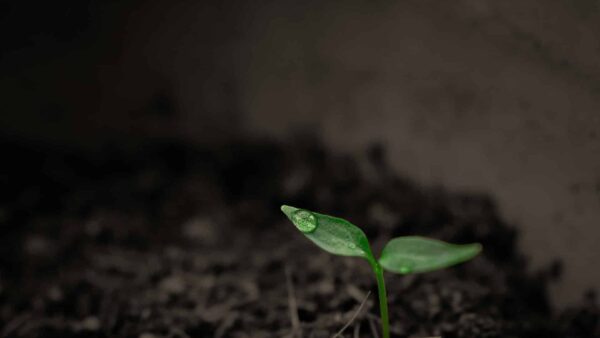As an industry, ISF looks to create a better world for all the players on the field.
Certainty is hard to come by these days. If one thing’s for certain, it’s that the International Seed Federation’s (ISF) vision is set in stone: a world where quality seed is accessible to all. The ISF Strategic Objectives 2016-2020 provides a roadmap to achieve this vision.
“Every farmer in the world needs seed that performs better in yield and to grow crops in a sustainable way,” says Eduard Fitó, president of ISF. “Our sector contributes to fulfill this need.”
Fitó is wrapping up his first year of a two-year term, and his priorities are quite simple: communicate, engage and change.
Communication is Key
Fitó sees a need for intensified communication — not only at ISF but also throughout the seed industry.
“The act of communicating and communication technologies are changing our industry in a really profound way,” Fitó says. “We need to change the way we address society.
“For many years, the seed sector has been engaged in an increased communication effort. We understand now more than ever the importance of addressing the global community on issues that affect the future of agriculture.”
One key issue in the coming months will be how industry communicates about innovation and the latest breeding methods. ISF has been engaged for several years in communication activities with partners on this topic. Under the European Court of Justice ruling on case C-528/16 (July 25, 2018), the Court interpreted the provisions of the EU GMO Directive 2001/18 in such a way that products resulting from innovative, targeted mutagenesis methods are regulated under the provisions of the GMO-Directive, which will have a negative impact on innovation.

“Many countries have taken a different approach, and others have yet to make a decision on regulations around the latest breeding methods,” Fitó says. “Our ability to communicate clearly on the way we are working will be key in the coming months. We need to work harder to explain that this isn’t just how we want to make business. We believe this is the best way to promote innovation for sustainable agriculture. We need to highlight this fact — we want to make our world more sustainable, and we want to preserve our lands. As an industry, we truly believe that we are doing something that provides solutions for farmers, to increase yields and resistance to pests and diseases to make our food supply more secure.”
Fitó says one way to help improve the seed industry’s message might mean more discussion about what the general public wants to hear — less of the hard scientific facts and more about things that matter to them and how these changes affect them.
“We love our job and all the things about improved varieties and scientific facts, but most consumers don’t care about that,” he says. “They care about food security and climate change. We have to explain something that concerns them. It’s a meeting point — we care about food security and climate change as well, so let’s talk about that.”
Engaging the Industry
Besides communication, engagement is on the top of everyone’s mind at ISF.
Fitó says that one of ISF’s strategic objectives is to engage with partners in the value chain: “The seed industry’s message is more powerful and convincing when we work hand in hand with our stakeholders. As an example, we started a new partnership in October with the World Farmers’ Organization, which will help us find new ways to collaborate with farmers. We are also cooperating with the International Grain Trade Coalition to engage the entire value chain in the discussion around plant breeding innovation.
“Our members have a deep knowledge of the industry, which makes ISF a real knowledge powerhouse in the seed sector,” Fitó says. “We have all these different people gathered in one space to deliberate common issues and to find solutions that benefit all the companies, wherever they are located around the globe. The power of ISF is to create an area for discussion at the international level and to equip our members to engage in an effective dialogue with their national authorities.”
As such, ISF looks to draw more attention this year to the United Nation’s (UN) Sustainable Development Goals (SDGs).
“The SDGs were created in 2015,” says Michael Keller, secretary general of ISF. “They were made as a master plan for a better and more sustainable world for all.”
There are 17 SDGs in total that the UN has adopted and the seed industry contributes to a majority of them, such as: no poverty; zero hunger; good health and well-being; decent work and economic growth; industry, innovation and infrastructure; responsible consumption and production; climate action; life on land; and partnerships for the goals.
“The SDGs have always been an important topic,” Keller says, “but we need to make them more well-known within the seed sector and within the international organizations and beyond on the activities the seed industry is already pursuing. These goals are inseparable from the seed sector, which strives for a more sustainable future.”
By actively aligning with the SDGs, ISF engages in different partnerships to increase its impact and educate the world on how the seed industry contributes to global sustainability.
“We need to explain what we’re doing and why it aligns with SDGs,” Keller says. “The UN is looking for participants. We have nearly 8,000 members, from family businesses to multinational companies, and we’re all looking to make locally adapted quality seed accessible to all farmers.
“We need to create an awareness, and we cannot do it alone. We must do it in partnership,” says Keller.
Calling for Change
Fitó has two things that he’s looking to address this year: movement of seeds and innovation (including genetic resources and IP), which he says are the pillars to his presidency at ISF.
“We need to change the way we do business,” Fitó says. “We need to explore and talk about how the seed industry needs to change.”
“IN THE END, IT’S ABOUT PROVIDING SEED CHOICE TO FARMERS. WE CAN REALIZE THIS IF WE HAVE ACCESS TO GENETIC RESOURCES THAT ALLOW US TO ACCELERATE INNOVATION, AND IF OUR MEMBERS CAN OPERATE IN AN ENVIRONMENT WITH CONSISTENT REGULATION.”
Eduard Fitó
In particular, Fitó says that access and use of genetic resources and illegal seed practices are two large impacts the seed industry needs to focus on for change.
“Negotiations are soon coming to a close regarding the access- and benefit-sharing of genetic resources under the International Treaty,” Fitó explains. “Genetic resources are the building blocks of developing new varieties, and as such they’re the foundation of the seed industry’s future.”
Fitó says that genetic resources are critical to sustaining biodiversity, so ISF looks to ensure that everyone has access to good genetic materials.
“In the end it’s about providing seed choice to farmers. We can realize this if we have access to genetic resources that allow us to accelerate innovation, and if our members can operate in an environment with consistent regulation,” says Fitó.
After that, Fitó says ISF wants to make sure that IP is enforced to protect these varieties when marketed.
“ISF continuously advocates for any IP system to find the right balance between protection bringing return on investment, and access that is necessary to keep research going.” Fitó says. “UPOV Convention meets this balance, and ISF is actively promoting its adoption by countries that would benefit from access to improved varieties.
“Ensuring the implementation of breeders’ rights is one aspect that our new working group Illegal Seed Practices looks at. However, illegal practices covers a broad range of practices, from false variety names on seed bags to minimum quality seed standards not being met. These practices mislead farmers, our first partners, putting at stake their crops and often their livelihood. We cannot tolerate this, and we engage all our members to work accordingly to the position paper adopted last year.”
Fitó believes one way to begin enacting these changes is at this year’s World Seed Congress.
“We’re coming to the end of the objectives that ISF set in 2016,” Fitó says. “I want to create a fruitful discussion about the future of our industry, and how we want to progress and change the industry in the future.
“We want to make business different. We want to see how we’ll interact with our customers, how we’ll protect our IP, and how we’ll be regulated. We want to continue preserving our biodiversity,” Fitó says. “We need to start thinking about how to build a positive image and a future of the seed industry that all of us can be proud of, and I’d really like Nice to be the starting point of this journey.”











